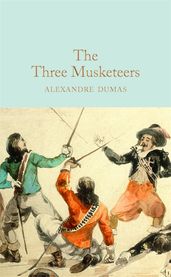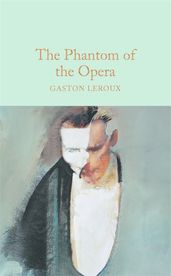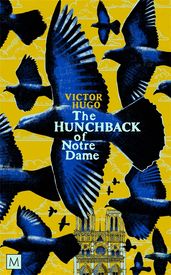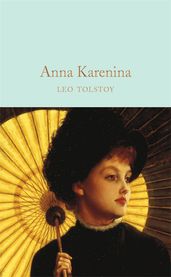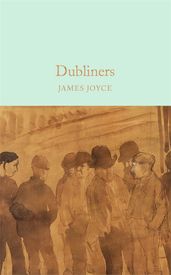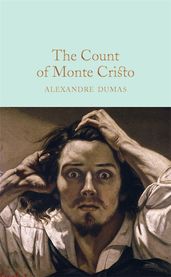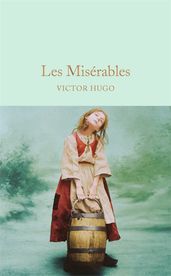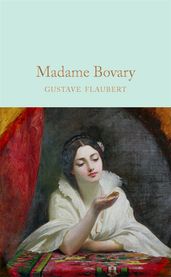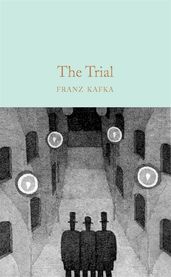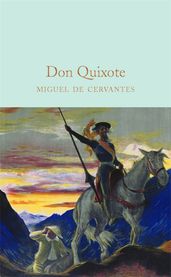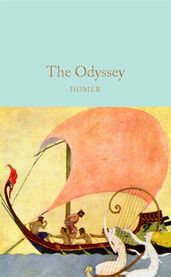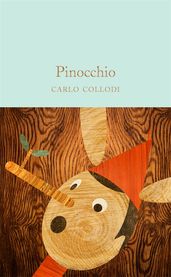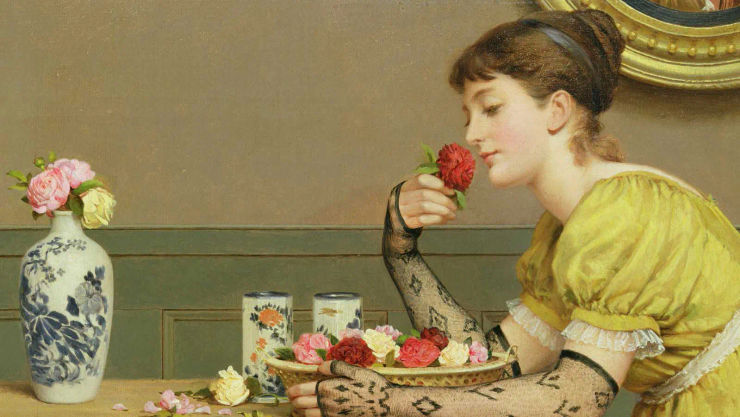13 classic European novels to add to your reading list
Travel through time and across Europe from the comfort of your living room with these classic European novels.
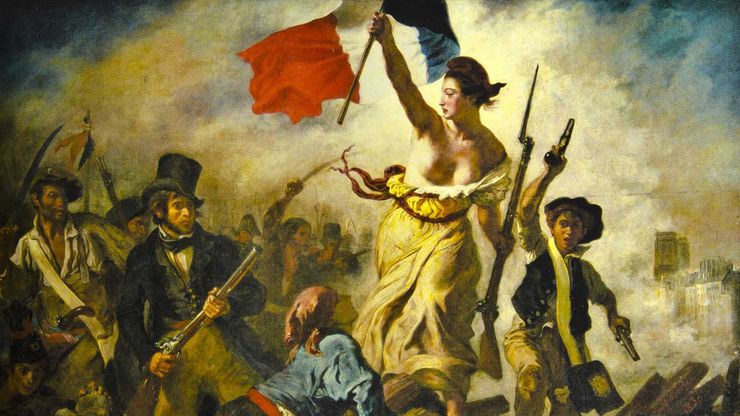
Whether you want to immerse yourself in the adventures of Cervantes’ Don Quixote or peer into the nightmarish dystopia of Franz Kafka's The Trial, we've curated a list of classic European novels you shouldn't miss.
The Three Musketeers
by Alexandre Dumas
This tale of three murderous, ultra-masculine, womanising soldiers using their wit and brute strength to defeat the enemy became one of the first truly popular novels in literary history, and was translated from French countless times within its first year of publication. Although The Three Musketeers was written in the nineteenth century and set in the seventeenth century, it has all the ingredients of a gripping modern novel.
The Phantom of the Opera
by Gaston Leroux
The Phantom of the Opera is a masterpiece of Gothic tension and horror that crescendos to the book's haunting finale. A mysterious phantom haunts the Paris Opera House, wreaking havoc both on and offstage. It is only when the beautiful and talented young soloist, Christine, is targeted by the Phantom that his true motivations start to become clear.
The Hunchback of Notre-Dame
by Victor Hugo
Both feared and scorned by society, the bell-ringer Quasimodo is forced to reside in the towers of Notre Dame, his only 'friend' the Archdeacon Claude Frollo. But Quasimodo's life is changed when he saves the beautiful Romani girl Esmerelda and the two form a friendship. As Frollo's jealousy escalates, compassion and cruelty clash with ultimately tragic results.
Anna Karenina
by Leo Tolstoy
Trapped in a stifling marriage, Anna Karenina is swept off her feet by dashing Count Vronsky. Rejected by society, the two lovers flee to Italy, where Anna finds herself isolated from all except the man she loves, and who loves her. But can they live by love alone? In this novel of astonishing scope and grandeur, Leo Tolstoy, the great master of Russian literature, charts the course of the human heart.
The Scarlet Pimpernel
by Baroness Orczy
The Scarlet Pimpernel was the possibly the first hero with a secret identity and his daring antics stand up alongside all of the masked crusaders that we celebrate today. Set in the midst of the French Revolution, with the aristocracy being sent to the guillotine in their hundreds, English dandy Sir Peter Blakeney adopts an alter ego – the Scarlet Pimpernel. Breaking the condemned out of prison, he torments the French authorities who are close on his tail.
Dubliners
by James Joyce
First published in 1914, Dubliners is a collection of stories that perfectly capture middle-class Catholic life in Dublin at the start of the twentieth century. Dubliners contains moments of joy, fear, grief, love and loss, which combine to form one of the most complete depictions of a city ever written, and the stories remain as refreshingly original and surprising in this century as they did in the last.
The Count of Monte Cristo
by Alexandre Dumas
The Count of Monte Cristo is the ultimate story of revenge and retribution. Just as his life is set to begin, Edouard Dantes is betrayed by those close to him and wrongfully imprisoned in a terrible island fortress. Years later, he escapes from the hail, acquires a fortune and sets about exacting revenge as the powerful and mysterious Count of Monte Cristo.
Les Misérables
by Victor Hugo
It took seventeen years for Hugo to write this epic novel set in impoverished nineteenth century Paris. Made up of interrelated stories that follow his characters’ lives, Les Misérables explores how deprivation leads to crime, and ends with the Paris Uprising of 1832. It's possibly most famous now as a stage musical, but don't let the original book pass you by.
Madame Bovary
by Gustave Flaubert
Flaubert’s eponymous female protagonist shook nineteenth century France by searching for romance outside her unsatisfactory marriage. The portrayal of her erotic behaviour challenged the meek, submissive expectations society had of women and was considered immoral and blasphemous, creating a national scandal which resulted in the book being banned.
The Trial
by Franz Kafka
This profound psychological horror has an experimental style, teetering between reality and fantasy throughout. Just what crime did Josef K. commit? No-one can say, but he's going on trial for it. Or he would be, if anyone had given him the address of the courthouse. A not guilty verdict apparently out of the question, it seems seems his only options are indefinite postponement or a temporary acquittal that could at any point result in re-arrest. . . at least according to the official court painter. The Trial is a story of crime, authority and dizzying, rage-inducing, impenetrable bureaucracy.
Don Quixote
by Miguel de Cervantes
Cervantes’ satirical observation of the human condition is often classed as Europe’s first ‘modern’ novel and has sold over 500 million copies since it was first published in the early seventeenth century. We follow Don Quixote and Sancho Panza – one of the original comedy duos – as they journey through sixteenth century Spain in search of adventure. Cervantes' words were celebrated in 2005 on the 400th anniversary of publication, where the Prime Minister of Spain claimed that the book expresses ‘the basic law of life’.
The Odyssey
by Homer
The tale of Odysseus’s epic journey home, The Odyssey is perhaps Western literature’s first adventure story. On the way, the hero encounters giants, sorceresses, sea-monsters and sirens, while his wife Penelope awaits his return. This Macmillan Collector's Library edition uses a translation by T. E. Lawrence, now remembered as 'Lawrence of Arabia' and the author of Seven Pillars of Wisdom. It is recognized as the first translation to be both faithful to the original text and written in accessible language.
Pinocchio
by Carlo Collodi
One of the most widely read books of all time, Carlo Collodi's Pinocchio is a riotous, tragicomic tale that will charm young and old with its endearing blend of mischief and magic. Geppetto, a poor woodcarver, crafts a marionette from a strange piece of talking wood and inadvertently brings the mischievous Pinocchio – a walking, talking, wooden boy – into the world. The puppet heads off into the world and encounters all manner of unusual and dangerous characters on his adventures as he learns how to become what he most longs to be – a real boy.
